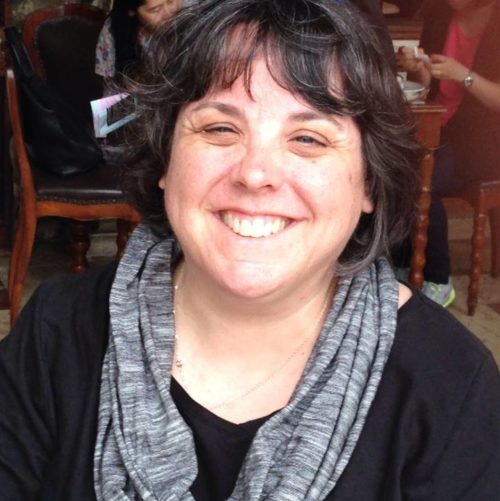September 24-30 marks Banned Book Week, something established to remind folks that threats to intellectual freedom are real and ongoing, that the impulse to censor is one that requires a vigilant response in an open society. It seems a more timely reminder than ever–for if recent history tells us nothing else, it is that the stories we tell ourselves as a culture are more contested than has been perhaps acknowledged. What does citizenship mean, for example? What does it take to be “American”? Or “un-American”? “Unpatriotic”? What narratives have dominated, and in so doing, elided others? How does the way we describe the past influence the way we are experiencing the present? To quote Hamilton: who tells your story? We all know that it can certainly sound very different, depending on the narrator.
What’s striking (and yes, for me, depressing), too, is how often professed Christians have led the charge to limit the narrative. Whether that’s actually banning offending texts or not, the urge to move not towards a Gospel plentitude, but towards ever smaller explanations, towards a grim “rightness.” It’s Christians, after all, that worried about wizardry in Harry Potter and forgot to see the wonder.
But we are desperate for more stories, not fewer. Stories that ask the reader, as Flannery O’Connor urged, to get a little dirty when they engage the world as it really is. That includes all the desolation of a broken world, but also the deep assurance of the God who redeems it all.
I love the way that Katherine Paterson–herself a person of robust faith but also someone whose books featured on the Top 10 banned books list for many years–puts it:
If knowledge without a sense of reverence is dangerous, morality divorced from wonder leads either to chilling legalism or priggish sentimentality. I am always nervous when some well-meaning critic applauds my work for the values and lessons it teaches children, and I’m almost rude when someone asks me what moral I am trying to teach in a given book. When I write a book I am not setting out to teach virtue, I am trying to tell a story, I am trying to draw my reader into the mystery of human life in this world. I am trying to share my own sense of wonder that although I have not always been in this world and will not continue in it for too many more years, I am here now, sharing in the mystery of the universe, thinking, feeling, tasting, smelling, seeing, hearing, shouting, singing, speaking, laughing, crying, living, and dying.
Only a small god demands an ever-shrinking story.

